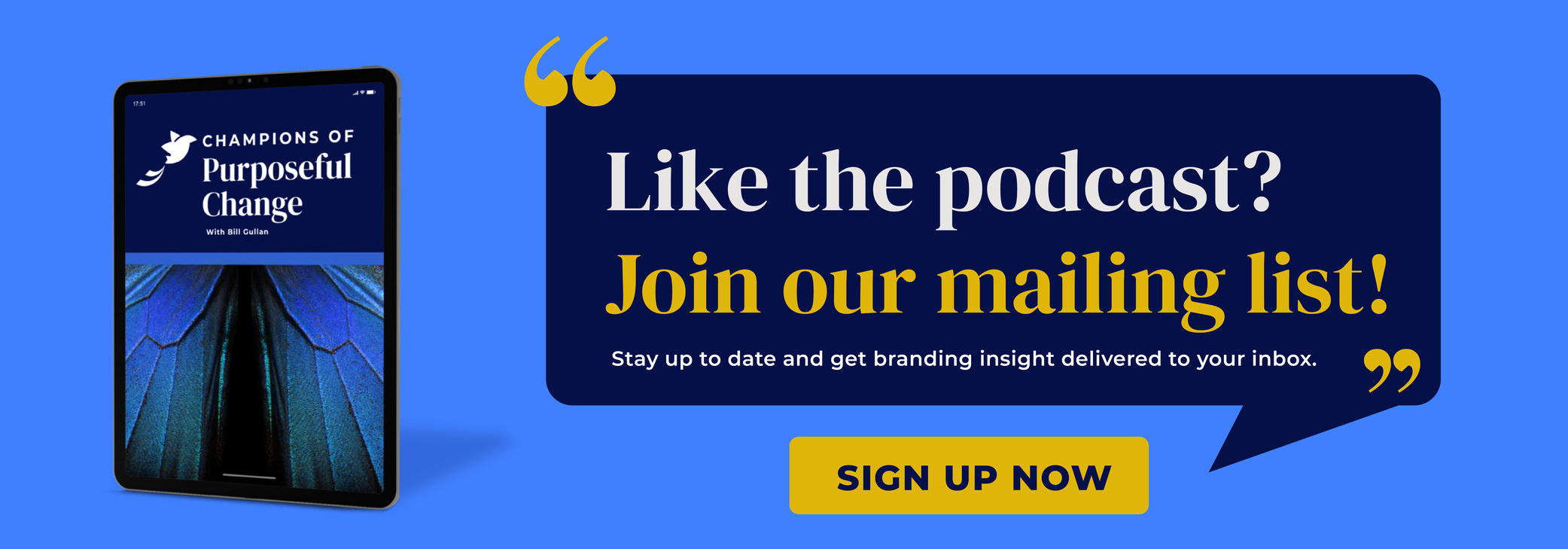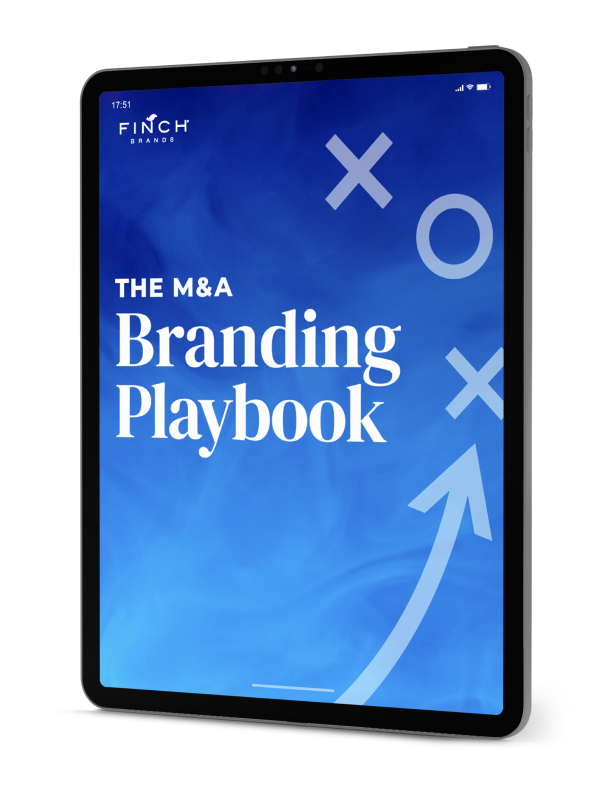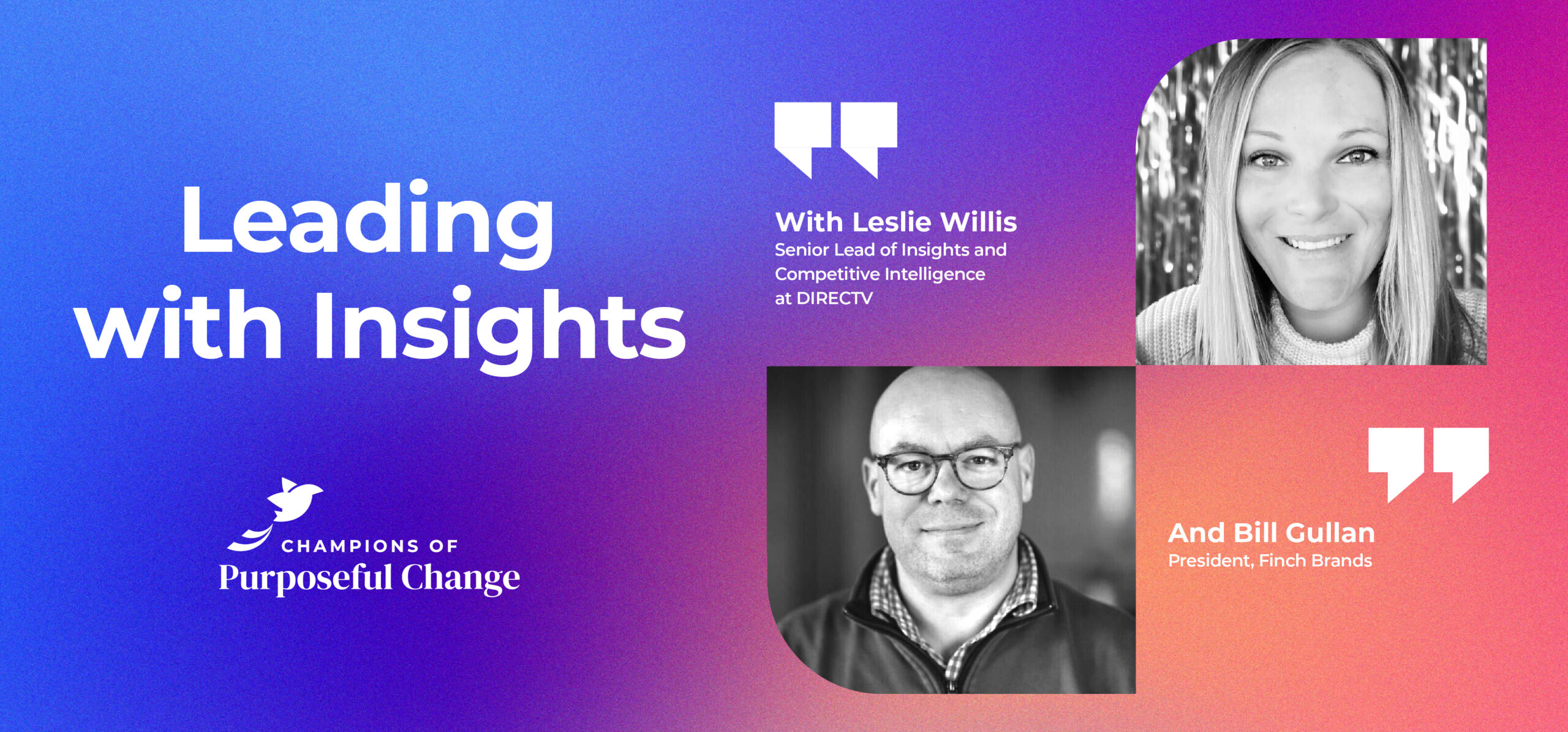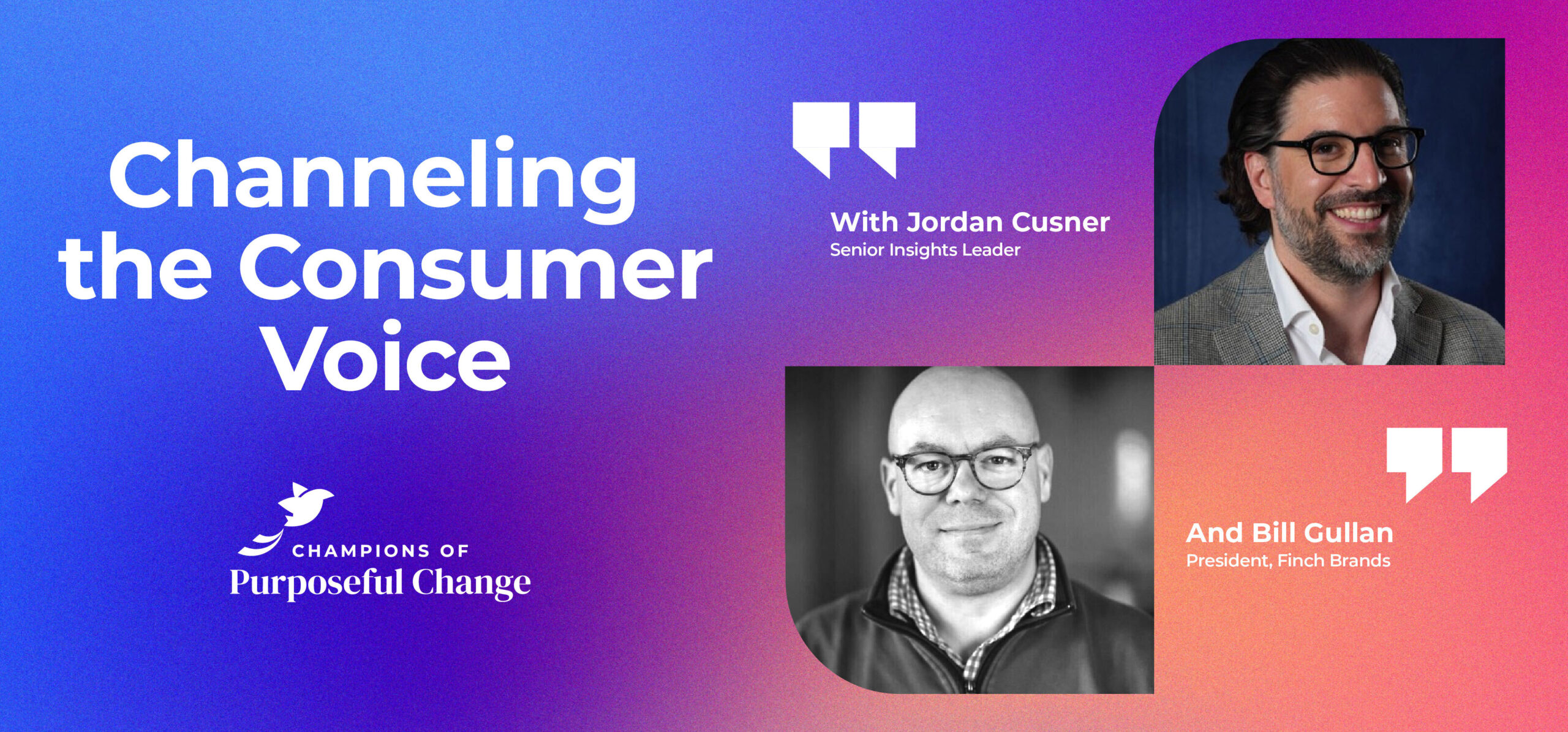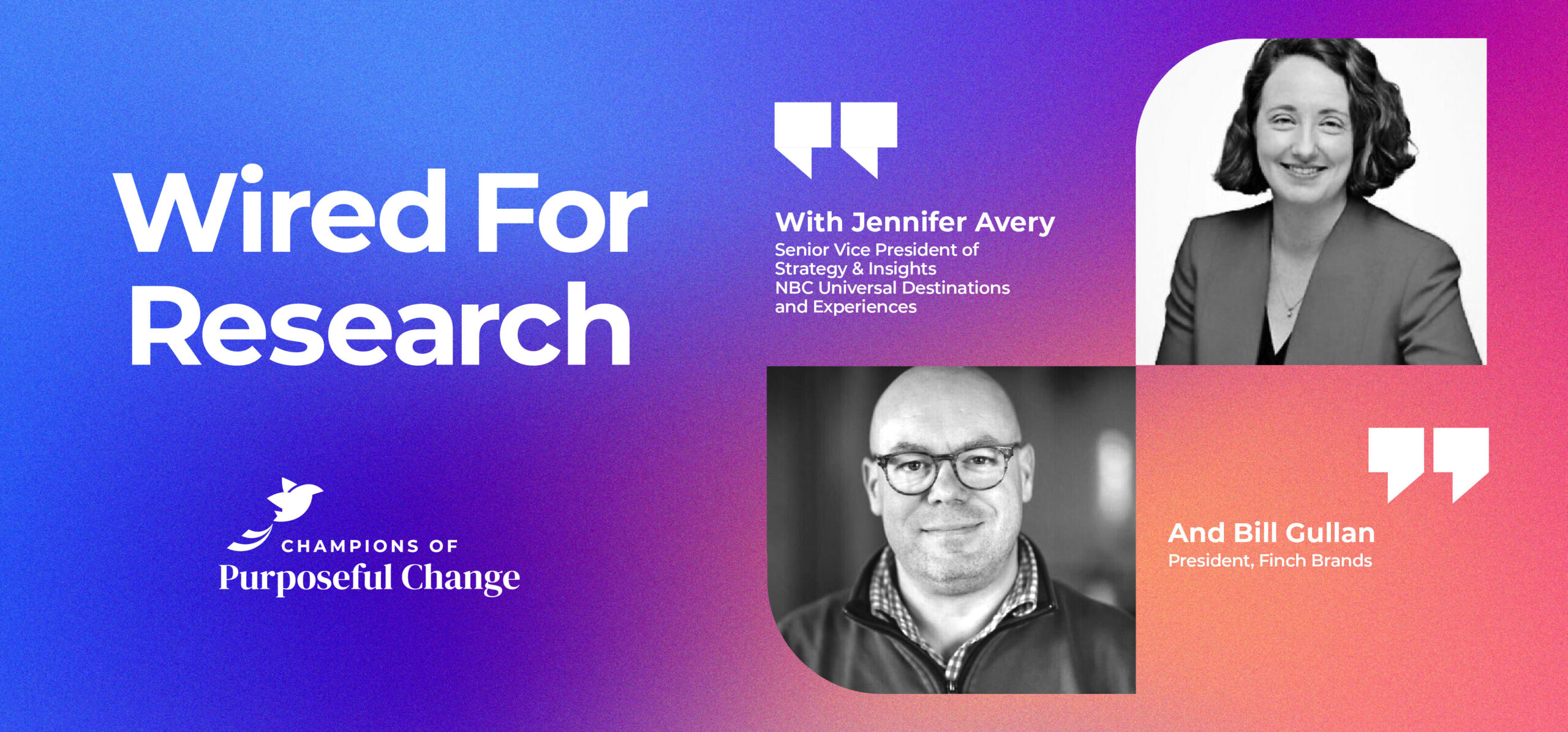Branding Inside Out – Brad Goldoor, Phenom People

Brad Goldoor, Co-Founder, Chief People Officer at Phenom People, joins us today on the Real-World Branding Podcast. Brad shares his background as an entrepreneur, and his philosophies of how to build a brand from the inside out. If you like our podcast, please subscribe and leave us a rating!
Podcast: Download Subscribe: iTunes | RSS Transcription:
Bill Gullan: Greetings one and all, this is Real-World Branding, I’m Bill Gullan, president of Finch Brands, a premiere boutique brand consultancy, and we’re so happy you’re with us. And the beat goes on, another incredible guest today, Brad Goldoor, who’s the company-founder and chief people officer at Phenom People, which is a … I’ll let him tell it, he can tell it certainly better than I can, but a really transformative concept in the world of talent acquisition and employer branding and candidate support, and everything else. Brad is a dyed in the wool entrepreneur from the very, very early days, as he’ll tell you, and some of the things they do here at Phenom, not only in terms of the business they’ve created, but what they do to keep their team members engaged is really, really cool, and it doesn’t take a whole lot of energy, necessarily, for listeners to let some of these concepts and principles imbue themselves into how you operate. So, enjoy Brad Goldoor, from Phenom People.
Bill: We are here at the incredible Ambler, PA, headquarters of Phenom People with Brad Goldoor, who’s the company-founder, chief people officer, thanks for having us, man.
Brad Goldoor: Thank you.
Bill: And you can really feel it here, I mean you walk through the front door, you poked us around and let us see some of the features, what an amazing place, and we’re definitely going to get into that as we go. I can’t wait to hear the story, and some of the things that are important to you and to this company are amazingly powerful. Could we start though, with a little bit of a tour through your own backstory, some of the highlights of your journey, and kind of what led you here?
Brad: Sure, I like to think of myself as a serial entrepreneurs, started, sold, scaled, dissolved, other businesses, which led me on the entrepreneurial adventure. Had a couple corporate stints at Career Builder and [inaudible 00:01:47], which got me into the online recruiting industry.
Bill: Career space, yeah.
Brad: Exactly. And so from that Career Builder experience, we actually launched Phenom People from an internal business plan competition, out of Career Builder, which was initially mobile career sites, back in 2010. And like any good idea, at the time people said, “Who would apply to a job on their phone?”
Bill: Right.
Brad: And so that was crazy innovation at the time, believe it or not, and we then took and leveraged that mobile career site platform into what is now an AI powered, full recruiting, optimized platform.
Bill: Nice. And so what was it about you, about the way you came up, about what you studied, that kind of drove you in an entrepreneurial direction? I know in your undergrad at Pitt, there was a minor I guess, you were working in entrepreneurship even back then, but what was it about you that sort of was driving this path that you’ve taken?
Brad: You know, I’ve always had this curiosity. Even as a kid, I had a company called Black Tie Sealers, where we would wear tuxedo t-shirts, and go and seal driveways, and decks-
Bill: -service, right in the tuxedo.
Brad: Exactly right, exactly right, and so we seal coated a driveway, I had no idea what I was doing. They tell you to water it down, and you apply the seal coat. We had all these water spots, and you know, I got 200 bucks, and when you’re 14 years old, that’s a lot of money, and that’s, you know, good cash, so we sealed a deck for $800, and so I really got the entrepreneurial bug at an early age, and I’ve continued that type of curiosity, and I’ve pursued it all the way up to my University of Pittsburgh, where I sold actually, wooden postcards. They were flat, flexible wooden postcards, and I was selling them to the bookstore, and gift shops, and this is 1993 at the time, when there were really no entrepreneurial programs, and so I found a teacher to sponsor me, and for four semesters I got three credits, which got me 12 total, and that qualified as a minor, so I had a self-created minor in entrepreneurship, which was pretty cool. My jealous friends, and I was making money, and getting credits, and so it was a great experience and so that’s how I pursued the entrepreneurial path.
Bill: Very cool. So, as noted, you’re at Career Builder, you’re at Gannett, I mean, some may say those are … but that was right in the middle of the transformation of answering ads in newspapers, into sort of internet based job boards, and to your point, this was sort of old line, in some ways, and there was a seed of an idea coming out and spinning out. What was the core insight, or sort of beliefs, that led to what ultimately became Phenom People? We’ll get into the present day in a minute, but what was it that you saw that was broken?
Brad: So, disruption and innovation are at the core of that. Like you just alluded to, I watched, I joined Career Builder, I was there from about 2006 to 2010, and I was out pitching, “Why would you put your printed ad in a newspaper and spend all this money, when you could have it online?” And so, and then I also watched LinkedIn come along and do the same thing to Career Builder that they had done to the newspapers a little while after. So, it’s at the core of it, is disruption and innovation, and for us, mobile, I saw that as a huge opportunity to disrupt this space, because how many billions of mobile devices are now out on the market? And you’re in places that they never were before. And so we took, I took that innovation experience from Career Builder, and leveraged that with mobile when I met one of my co-founders, Ari, in an MBA program at Temple. He was getting into mobile app development in 2010, and I was like a kid in a candy store, we were trying different apps for different things, and ultimately, landing on that Career Builder competition, that Eric Offner, our VP of Sales, he’s the one who actually entered the competition and won, I was in the process of leaving to go to Gannett at the time. And so, that’s how we … it’s that curiosity for disruption and innovation, to answer the question.
Bill: No, totally, and so, disruption and innovation really on two sides, it sounds like, at Phenom People. There is a candidate side, there is also a tell and attraction sort of side of this, where inside organizations that are seeking to build those relationships with the kinds of candidates, whether there’s an opening today or not, there’s a journey that may have a longer life cycle than just putting heads in cubes. Talk a little bit about the role Phenom plays today in innovating, and in bridging those gaps.
Brad: Yeah, absolutely. So, what we’re doing is delivering a candidate experience, and that’s a newer term, that’s evolved over the past, I want to say five or 10 years. There’s actually something called the candidate experience awards, where companies get awards for … and why shouldn’t we deliver an Amazon-like front end experience for the candidate, ’cause candidates are consumers?
Bill: Sure.
Brad: And we truly believe that. And so we delivered this great interface and experience, to collect data on the candidates, and then innovate that, take that data, make it meaningful, on the back end, for recruiters, hiring managers, and we put it all together in a platform we’re calling talent relationship marketing. And it’s a set of tools to turn recruiters into marketers, and let them nurture this talent, that somebody, some passive talent might come to your career site, and they might not apply, but they might … we have a feature where you use your LinkedIn profile to get personalized recommendations.
Brad: So you come, you link in with that profile, and we collect that as a lead, but they never applied to a job. We’re now going to give you a CRM, where you can market to those people and say, “Hey, we saw you came to the career site, what can we do to get you to apply?” Whereas, without our tool, you would never have that line of sight to that potential candidate.
Bill: And so, what does that, I guess, replace? How does that, I mean, I think we can imagine, but compared to the old, “Hey there’s openings, send something in, if you don’t get it, it goes somewhere in a file.” It’s totally different, right?
Brad: Yes, that’s a nurturing, you know, like what HubSpot has done for the marketing space, right? Inbound, exactly. We’re doing for recruitment, and sort of disrupting that. It’s a whole new tool set. And again, we’re creating a new category that we’re calling talent relationship marketing, and giving, you know, converting these recruiters, who were just putting butts in seats, into actual marketers with video content and social channels, email and texting campaigns, and really taking advantage of this digital transformation that has come along. Mobile devices and apps, and taking advantage of all these new channels, to engage that talent that’s never been done before.
Bill: Right, and so from the candidate perspective, the other sort of side of the transaction. Of course, we don’t see it as a transaction, that’s part of the point, but the other side of the relationship base, candidates formerly would be looking position by position, and they might search job titles and locations and maybe comp levels. How does this experience enhance how they go about finding a job that’s going to change their lives?
Brad: Great question. So, you hear a lot about AI, artificial intelligence, right now. And so we’re leveraging artificial intelligence to collect that data, and again, make it meaningful on the back end. And serve up suggestions and recommendations. So we have a job recommendation features, where typically it’s off of geography or skillset or location, and we’re taking that to the next level and actually looking at network activity. You know, suggesting a job, even though you’re looking at a sales job, we might offer you a marketing job, because we know that somewhere in your profile, we scanned some experience and brought that to light, and that artificial intelligence is bringing those recommendations, and making them more powerful, recreating what would have been that human behavior, and automating that in a way to make it more intelligent, and more efficient for those recruiters.
Bill: Right, no, it makes sense. And so from a candidate perspective, if I’m somebody who you know, I always looked at that big building in Center City, and I said, “Comcast, that’d be cool to work for them, but the right job isn’t available, whatever.” This sounds like it enables me to build a relationship with the talent acquisition function there that may pay off way down the road.
Brad: Exactly right. We have one of our features is called join a talent community. Where, I’m not ready to apply to a job, but I’m interested in this company, I want to stay up to date on news. And so, and then you can take everybody who’s joined your talent community, and start marketing to them. “Hey, we’re building a new building in Center City, come work at the new building.” Right? Comcast just built the second tower down there, help us fill it up, and be a part of the downtown transformation, and any relevant news and information that you can do to attract them and nurture them. Again, those are the best types of candidates, that aren’t necessarily looking at and applying to all of your jobs.
Bill: Yeah, sure. And so one of the things that is unmistakable to us, as we walk around here, and obviously we’ve heard, the reputation of this company proceeds it, the success story that you and your team are building here. It shouldn’t be surprising, I guess, both given your passions and the fact that the subject matter here is how people feel throughout a process. The employee engagement piece, the vision and mission and values piece is really, really strong here. As chief people officer, you want to talk a little bit about sort of your philosophies of how to build a brand from the inside out?
Brad: Sure. You know, so I think a clear mission is really important, and ours is to help a billion people find the right job. And I think we’ve all come across people who are in the right job, and it just exudes a certain confidence and-
Bill: Lights ’em up, yeah.
Brad: It lights ’em up, exactly right. You know, the voice goes up an octave, and you know, you feel that great service of that great waitress, bank teller, whoever you’re interacting with, and so we want to help, and so our mission is really key and core to that. And a set of core values that we bring to life by taking weekly nominations of people who are living them, we reward them with a $25 Amazon gift card every week. And so just not putting them on a printed page, actually bringing them to life, where people are living this set of core values, and bringing them to life, and that’s how we built the employment brand here at Phenom People.
Bill: So, walking through this office, there’s obviously a mixture of productivity and just enjoyment. Great coffee program. This sort of values wall, and competition every week, that really helps people engage, and call out extraordinary efforts that their colleagues have made. One of the things you told me about, that just made me smile when we thought about the possibilities, is how you welcome new members of the team.
Brad: Sure.
Bill: Would you take us through that? It’s amazing.
Brad: Absolutely, so on the first day, when people start here at Phenom People, prior to them starting, we reach out to their emergency contact, whether that’s a friend, family member, husband, wife, son, daughter, whatever, and we ask them to submit a video welcoming them, or wishing them good luck on their first day at Phenom People. And we pull them into a room and play that, and usually results in a good set of tears-
Bill: I’ll bet, yeah.
Brad: And engagement, and you know, and also, the secondary effect is that their spouses, or friends, or family, are telling all their friends and family about what a great place my husband or son or daughter is about to go work at, look what they do on the first day, and we’ve gotten babies involved, dogs, neighbors, and it’s really neat to see how people, some put music, and background, and we had actually one employee, they submitted, I’m not even exaggerating, 28 videos.
Bill: Wow.
Brad: Uncles, cousins, you know, childhood friends, college buddies, it was magical to watch, and you know, we had to reset the clock on that one.
Bill: I bet.
Brad: But yes, it creates, from day one, it shows that we care, and it’s an engaging, welcoming experience.
Bill: And so obviously, you know, beyond simply it being fun and people wanting to work with and for good people, what are some benefits of a company, of a workplace, to take actions like this?
Brad: You know, so employee engagement obviously, again, getting people in the right jobs, and you know, we are a fast growing company, we’re doubling our head count almost every year here. And so we are asking a lot of employees to fuel that growth. And so if we’re going to ask our employees to be a part of this ride and journey and adventure, then we need to make sure that we’re providing an environment where they can continue to learn and grow. You know, as well as have enough caffeine, enough food, and a candy and cereal wall back there in the kitchen, making sure that we have those beer Fridays to let off some steam, and of course, the token ping pong table, to also you know, keep some competition healthy as well.
Bill: Very cool. We were talking about it a little bit as we entered, ’cause there’s a ton of construction around here, that you know, for those who may know the area, for those who don’t, we’re in Ambler, PA, which is probably about 10 miles, I guess, northwest of Center City, but the environment here has a distinctly sort of urban energy and feel and aesthetic. Could you talk a little bit about growing something like this in the suburbs? Just what you’re going for, I mean, I know there’s transit, but what’s it like to be hot and cool and awesome, but be out here in the burbs?
Brad: Yeah, no, no, that’s a great question. So the driving factor, when we were looking at new office space, and again, like everything that we do around here, it’s very thought out and intentional. And so we looked, of course, downtown, we looked in [inaudible 00:14:30], where do we need to recruit from? Where is a good place for us to be? And ultimately, after looking at probably 25 or 30 different spaces, the story of the place where we are, it used to be a chemical manufacturing facility, owned by a gentleman named James Harvey Gravell, and he actually patented a process of paint, so that it wouldn’t rust.
Bill: Interesting.
Brad: He was so generous that he gave, during 1939, during the depression, he gave all of his employees $1,500, and said-
Bill: That was a lot, then.
Brad: It’s about $150,000 today, in today’s money, and said, “Go pay off your mortgages, your medical bills, I want you to all be in good shape.” And so Maye, our CEO, is a big believer in good things and good karma, as soon as I told that story, it didn’t matter how gross this place looked at the time, we knew the vision that we could … and that was the selling point, honestly, as to why we are here. In fact, his generosity was so well recognized, Roosevelt was the president at the time, invited him to the White House to come there and thank him publicly. So, with that kind of good feel vibe and karma here, we figured this was the place for our new home.
Bill: Very cool.
Brad: And here we are.
Bill: That’s like a Daddy Warbucks story.
Brad: Yes, exactly right.
Bill: You can do it in song or in verse.
Brad: Absolutely.
Bill: We’ll adopt someone, it’ll be great.
Brad: Totally.
Bill: So, Phenom People, I mean, this is an incredible rise. You talk about doubling headcount, at least almost every year. What’s, to the degree that you can share certain things. Obviously there’s certain things you can’t, but what should we look for? What’s next? What are some big initiatives that are kind of on the table for you all these days?
Brad: So international expansion is top of that list.
Bill: You’re just back, I think, from overseas?
Brad: Yep, I was in Israel, we have an office, where we do a lot of our UI, and user interface, user experience work is done there. Obviously, a lot of tech talent in Israel, as you can imagine. But, Europe is really a big focus. We’re going to be setting up an office, probably in London, and we have about a dozen customers over there already, and so we need to hire support for them. Add sales people, add more customers, and really attack the European expansion, is top of the list, while still continuing this rapid growth. I don’t know about doubling again next year.
Bill: Sure.
Brad: But, probably, you know, adding another 50% to the current staff that we have.
Bill: Don’t know where you’d put them all.
Brad: Exactly, exactly, and so, continuing the U.S. expansion as well, but really focusing on that Europe piece, to fuel the growth, internationally.
Bill: Super cool. We’ll definitely be watching, and can’t wait to see what this company become. As we close, and this has been awesome, thank you so much for your time and insight.
Brad: Of course.
Bill: You know, you’ve talked about hustling all the way, along the line. You’ve talked about seeds of inspiration, about how to make things better, and use that word that people use, disrupt categories that are ripe for it. Are there words of wisdom that have served you well across your own sort of journey, that our listeners might take a little bit from, as they think about their own path?
Brad: Sure, I think Mindset is, you know, one of the better books that I’ve read, and it’s all about you don’t fail, you always learn. And I think when people have that attitude, and we’re trying to create … you know, Michael Jordan failed his way to success, right? He didn’t make his high school basketball team, and people talk about these, everybody who’s been successful has failed. And just get comfortable. I think society has mislabeled failure, and misappropriately framed it, and I think if we change our mindset to think of failure as learning, truly, and it’s hard, because we’re all programmed to get the A, or score the goal, but it’s the effort, it’s the grit, it’s the grind and when people don’t, they don’t even recognize and realize, that’s when you’re learning. Think about moments in your life, where you’ve learned the most. They’ve been painful experiences. And so I would recommend, you know, I always say, like Nike, just do it, get out there, start to fail, fail fast, learn from that, iterate, of course. You know, if you don’t learn from it then, that’s the legal definition of insanity, I believe, right?
Bill: That’s what they say.
Brad: So, you know, I say get out there, fail, and fail fast, and learn, and iterate, and that’s being an entrepreneur to me.
Bill: Mm-hmm (affirmative)
Bill: Very cool. And a great place to leave it. We’ve had a number of different guests, from entrepreneurial ventures, from more established, you know, longer term brands, and across functions, and there really does seem to be a common set of seeds that sort of propel people forward, and power of relationships, the power of going and doing and learning along the way.
Bill: Brad, thank you so much for your time, and congrats on what you’ve built, and I know the story’s just begun.
Brad: Thank you.
Bill: Thanks to Brad for hosting us and having us and sharing his insight and his energy without audience. I’ve really been blown away by the string of guests we’ve had this fall and into this winter, and Brad’s … just when you’re with him, you can feel it. He’s got a special quality, and an energy level, and obviously a level of insight, to build a business like this, so Phenom People’s definitely a company to watch out here in Ambler, PA, of all places, which is coming together. So, as always, three ways to support us here at Real World Branding, we are so grateful for the time that you spend with us already, and if you can just think about these three extra things, it would, in a season of thanks, and a holiday season, it will make us feel even better about what we’re doing here.
Bill: First is to click subscribe in the podcast store of your choice, to make sure you don’t miss a single episode, and that it downloads automatically when a new one is live, and we’ve been, you know, going kind of every week for a while, we’re going to be back on the every other week cadence, as we move into 2019. So, to make sure that every time something happens, with our podcast, that you’re getting it. Clicking subscribe will make sure you do.
Bill: Another way to sort of help and keep things going here is to give us a rating and leave a review, also in the podcast store of your choice. I’ve seen a bunch of iTunes, there’s some in other places too. And that helps us get found, at least we’re told. I know there’s some magic to the algorithm of how things sort of are ranked, based on searches in iTunes and elsewhere. But we are told, at least, that if you give us a ranking and leave a comment, that not only will that help enlighten us as to how we can make this an even better use of your time every other week, it’ll help increase our visibility and help us widen our own acquaintance for what we’re doing here on the podcast.
Bill: Then the last thing is let’s keep dialoguing, on Twitter probably, is the best way. @BillGullan, or @FinchBrands. Give us thoughts on what you’ve liked, what you think we can improve on. Ideas for future guests, or future topics. We want to hear all of it. Our skin is thick, we just enjoy interacting with our listeners, the kind words make us smile, the constructive criticisms make us think and work harder to make this valuable for you, and enjoyable for us, which it always, always is, so we’ll sign off, from the cradle of liberty.
